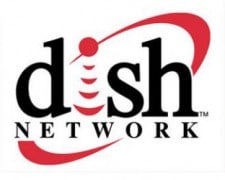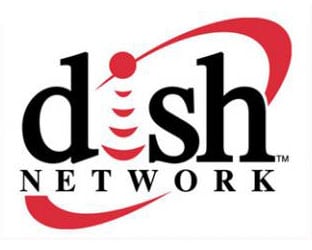 During the NBC’s upfront presentation 5/14 at Radio City Music Hall, NBC Broadcasting Chairman Ted Harbert told the audience that Dish’s new DVR commercial zapping device is an insult to all the money NBC and its parent, Comcast spend on sports and entertainment programming: “Just because technology gives you the ability to do something, does that mean you should? Not always…I think this is an attack on our ecosystem.”
During the NBC’s upfront presentation 5/14 at Radio City Music Hall, NBC Broadcasting Chairman Ted Harbert told the audience that Dish’s new DVR commercial zapping device is an insult to all the money NBC and its parent, Comcast spend on sports and entertainment programming: “Just because technology gives you the ability to do something, does that mean you should? Not always…I think this is an attack on our ecosystem.”
The new Auto Hop feature lets customers block commercials from recorded shows that have aired on broadcast networks ABC, CBS, NBC and Fox during the previous day. Although consumers with digital video recorders can already fast-forward through commercials of recorded shows, with Auto Hop, the screen goes black when a commercial break appears. A few seconds later, the program returns. Auto Hop feature can’t be used on a show during the same day that it’s being broadcast, or on live programming, such as a sporting event, that has been recorded.
Dish’s announcement of its new service came last week, days before the major broadcast networks presented their schedules to advertisers who are already worried about the effectiveness of their commercials as technology changes the way people view television.
Dish’s new technology is offered for use only on broadcast programming, not shows from cable networks. Dish spokesman Bob Toevs said there was no technological reason that Auto Hop wouldn’t work on cable, but that it was being offered for use only on broadcast shows because those are most popular with Dish customers, reported The LA Times: “Consumers deserve a choice when it comes to television viewing, and Dish’s Auto Hop feature is all about choice. Viewers have been skipping commercials since the advent of the remote control. We are simply making it easier.”
“It seems a strange thing to do,” said Peter Rice, chairman of entertainment for the Fox Networks Group.
Rice, while announcing Fox’s fall schedule 5/14, noted that broadcast networks such as Fox are the largest content providers to pay-TV distributors such as Dish, and wondered why they’d risk alienating that relationship. As for whether the network will consider legal action to try to derail Dish’s new commercial-zapping offering, Rice said Fox is “still evaluating it.”
RBR-TVBR observation: We get that Auto Hop makes it much easier to skip commercials, but Dish may end up with a class action suit from the networks, or they may just drop distribution en masse. First of all, more and more viewers are choosing to watch programs via DVR. It’s unfair to block ads on broadcast networks and not cable. It lowers the value of the broadcast network ads vs. the cable network ads. Second, when the networks signed agreements with Dish to carry their feed, Auto Hop was not in the picture. Breach of contract? That’s what may be determined.
The game is getting interesting: Comcast has developed new technology that would allow it to deliver ads to subscribers who skip commercials in TV shows recorded on DVR. Subscribers who hit fast-forward, pause and other buttons on their remotes would receive an alternate ad displayed in the center of their TV screen or by making the alternate ad partially transparent.






I don’t understand why CBS, FOX, & NBC execs don’t want us to enjoy commercial-free TV. I’m a DISH employee – AutoHop is great because you can easily watch commercial-free TV. Public Knowledge, a consumer advocacy group, is taking a stand for consumers by creating a petition that tells CBS, FOX, & NBC media to keep their hands out of your living room & DVR. Sign their petition to keep control of how you watch TV http://bit.ly/KFdn1Q.
You are an idiot. Without ads there would be no “free” tv. Maybe we should let DISH keep it and charge them $10,000 per subscriber carriage fees? Your petition is insignificant since the public does not own network television.
Considering subscribers already pay their TV provider for those “free” networks and said providers pay the Networks, those subscribers should be able to do as they please with their recordings. If the networks didn’t already double dip you may have a point. (Notice how there was no name calling needed to make a point?)
Comments are closed.